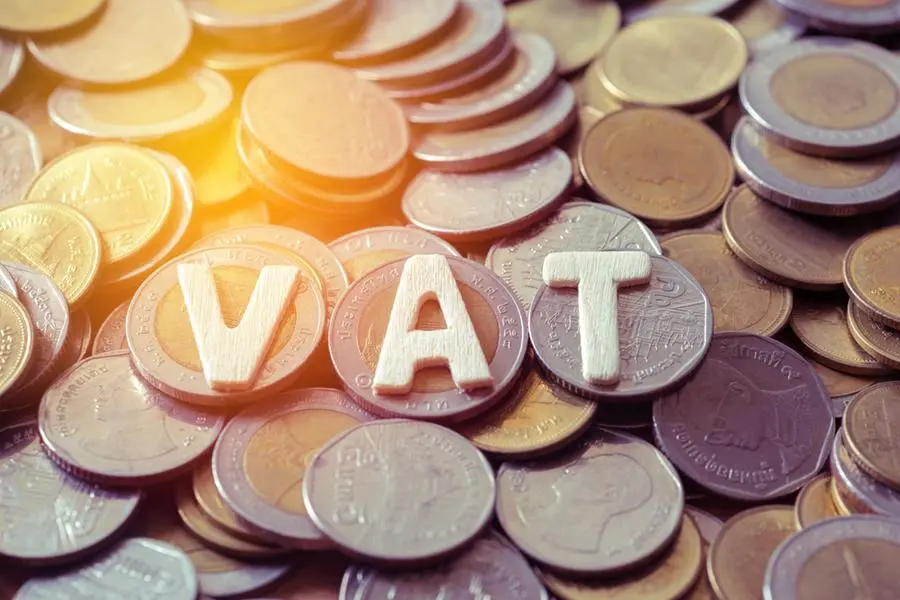PHOTO
MUSCAT - New guidelines issued by the Oman Tax Authority confirm the inclusion of the ecommerce sector, currently expanding at an exponential rate, within the purview of the country’s Value Added Tax (VAT) regulations.
Consequently, a wide variety of goods and services supplied via electronic means, such as websites, electronic platforms, social media stores and networking sites and other electronic apps, are now subject to Oman’s VAT framework.
The Omani e-commerce market, valued at $2.19 billion in 2020, is expected to reach $6.52 billion by 2026, registering a CAGR more than 20 per cent by 2026, according to Japan-based Shibuya Data Count, a specialist in market research. The sector grew robustly during the pandemic phase and is projected to expand dramatically on the back of the country’s digital transformation, rollout of 5G telecom services, rapid uptake of digital payment options, and the emergence of thriving online marketplaces.
The Tax Authority’s recent guide on the application of VAT to ecommerce – also known as electronically supplied goods and services – makes it obligatory for suppliers, who engage in e-commerce activities but do not have a place of residence in the Sultanate of Oman, to register for VAT if they are required under the tax law to collect VAT due on their supplies to customers within the country.
Furthermore, as the application of VAT depends on the place of supply, the recipient customer and the nature of the goods, the Tax Authority has clarified that the place of supply is “where tax is imposed on goods at the end of the supply chain” – a key consideration especially when goods move between two countries.
Taxable suppliers who are registered or mandated to register for VAT must determine the appropriate tax rate on goods supplied within the Sultanate of Oman. While the standard rate of 5 per cent is levied on most goods, the zero-rate tax applies to certain types of goods, such as foodstuffs, medicines and specific medical equipment. In some limited instances, the goods may be “exempt” from VAT, although these exemptions do not apply to goods supplied in the context of e-commerce, according to tax experts.
Importantly, a variety of digital services also fall within the remit of Oman’s VAT framework. Included in this category is the supply of digitised products such as software, website and webpage hosting services; digitised content of books and electronic publications, subscriptions to online newspapers, journals, online news, weather reports and so on; accessing or downloading music, jingles and ringtones; accessing or downloading films and video games, distance education services; supply of advertising space on the Internet; and live broadcasts via the Net.
2022 © All right reserved for Oman Establishment for Press, Publication and Advertising (OEPPA) Provided by SyndiGate Media Inc. (Syndigate.info).





















